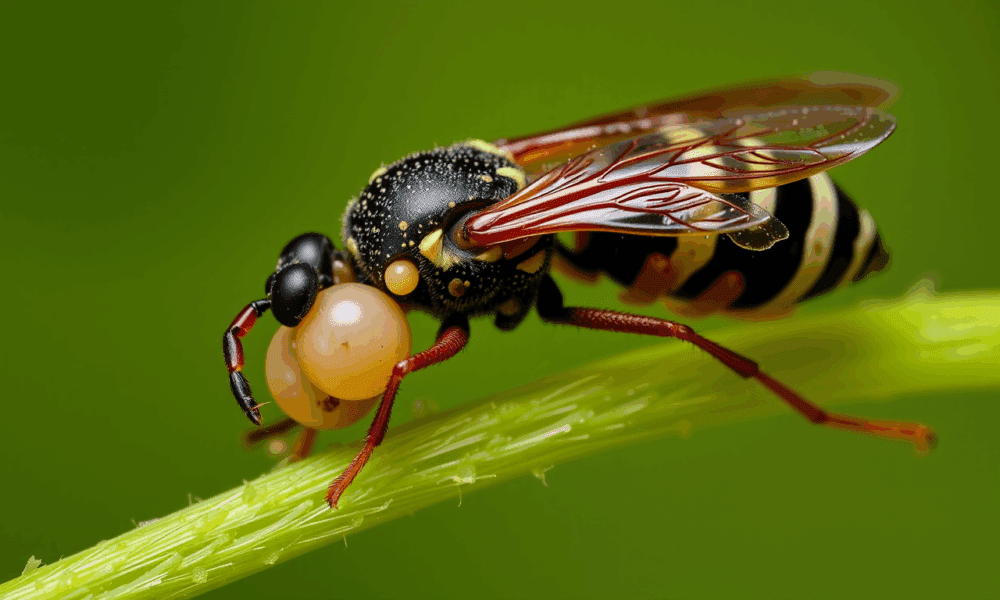
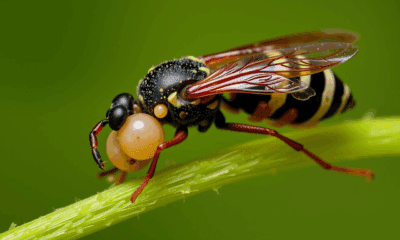

Aphid-hunting wasps can reproduce with or without sex, challenging previous assumptions. This unique flexibility could boost sustainable pest control if its hidden drawbacks can be managed.



Ten thousand years after mastodons disappeared, scientists have unearthed powerful fossil evidence proving these elephant cousins were vital seed spreaders for large-fruited trees in South America....



Scientists have discovered that your breathing pattern is as unique as a fingerprint and it may reveal more than just your identity. Using a 24-hour wearable...



Despite falling global mercury emissions, mercury levels in Arctic wildlife continue to rise. A new study reveals that ocean currents are delivering legacy mercury pollution from...



Despite Earth's most devastating mass extinction wiping out over 80% of marine life and half of land species, a group of early reptiles called archosauromorphs not...
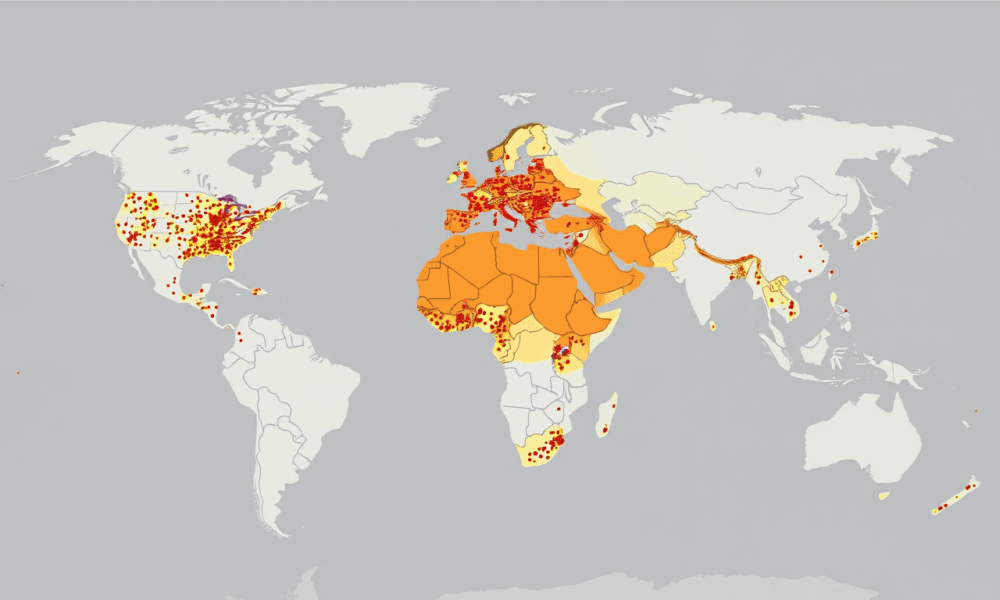


What if all life on Earth followed a surprisingly simple pattern? New research shows that in every region, species tend to cluster in small hotspots and...
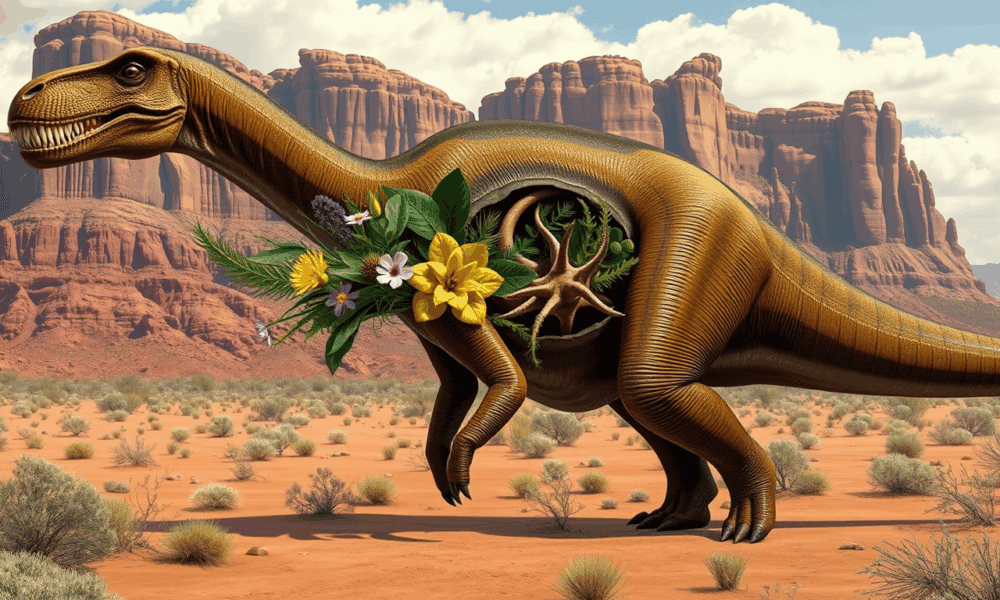
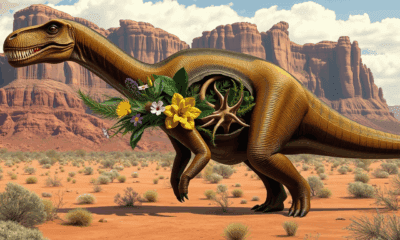

A prehistoric digestive time capsule has been unearthed in Australia: plant fossils found inside a sauropod dinosaur offer the first definitive glimpse into what these giant...
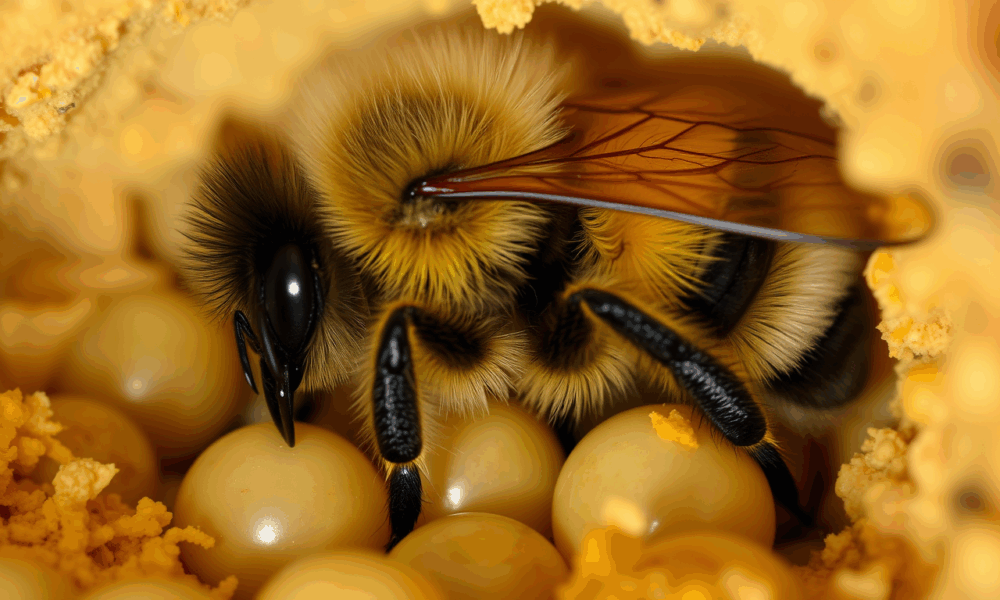
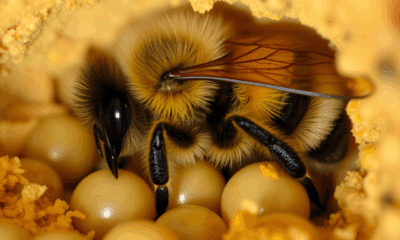

Bumblebee queens don t work nonstop. UC Riverside scientists discovered that queens take strategic reproductive breaks early in colony formation likely to conserve energy and increase...
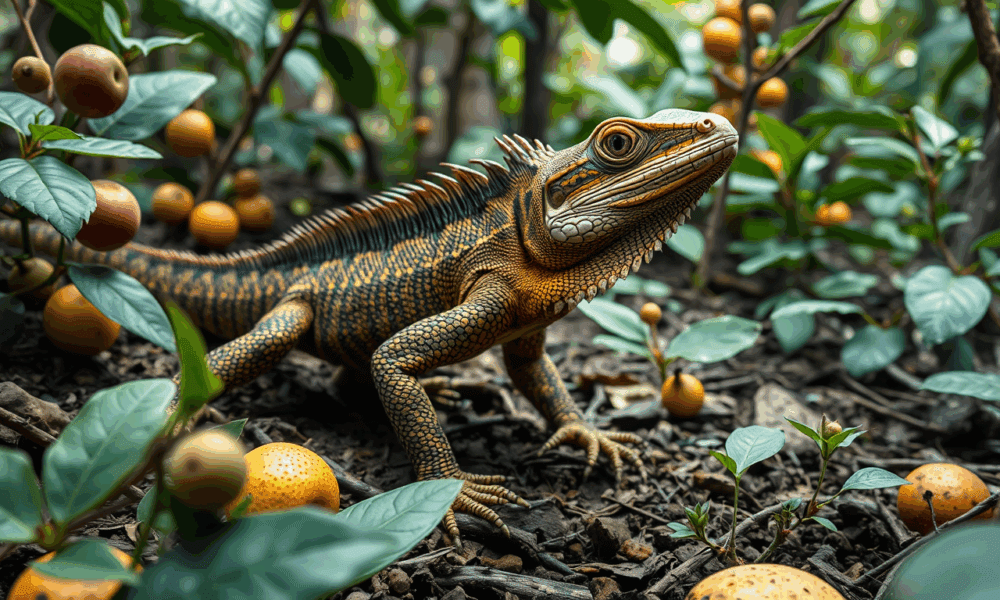
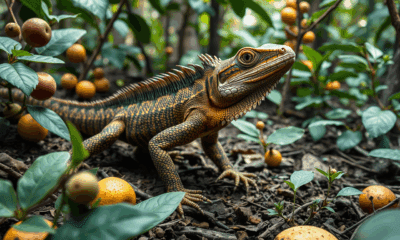

After millions of years of evolutionary isolation, Madagascar developed an unparalleled array of wildlife, and recent research has uncovered an unsung ecological hero: the lizard. Though...
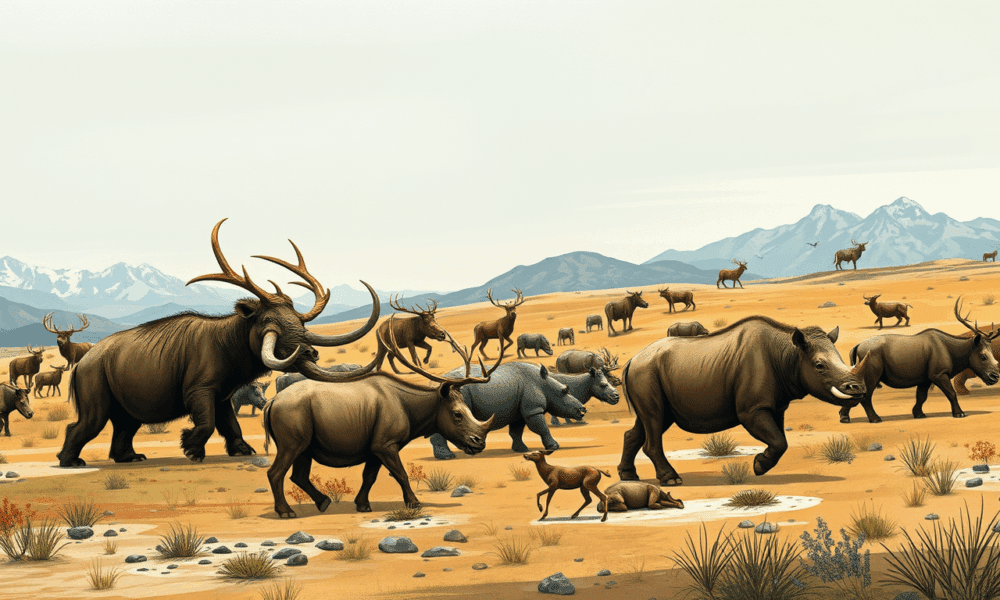
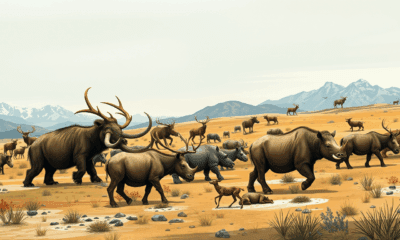

For millions of years, large herbivores like mastodons and giant deer shaped the Earth's ecosystems, which astonishingly stayed stable despite extinctions and upheavals. A new study...